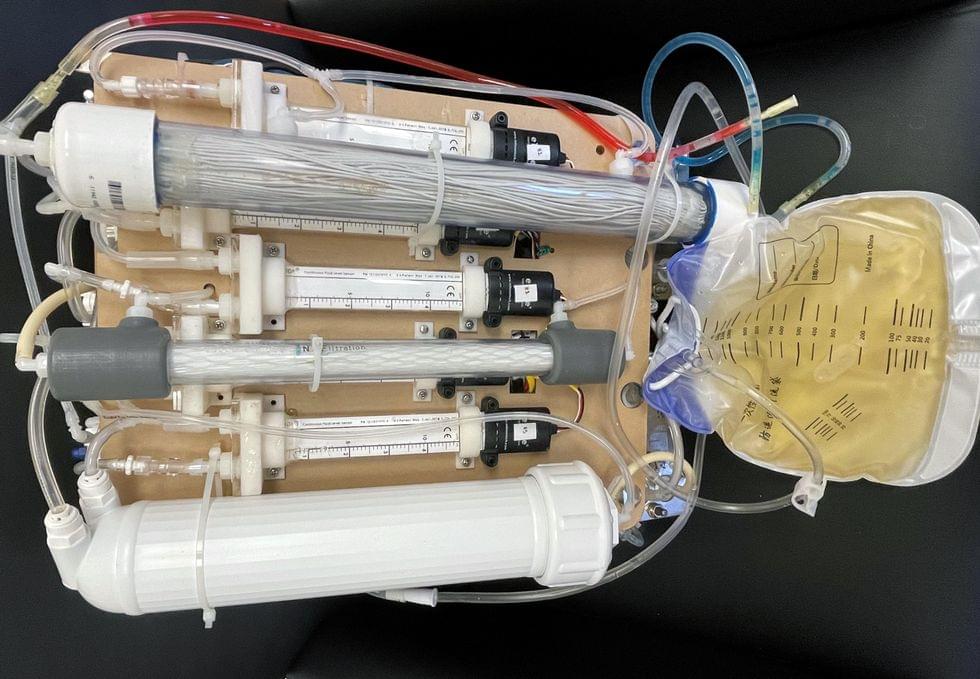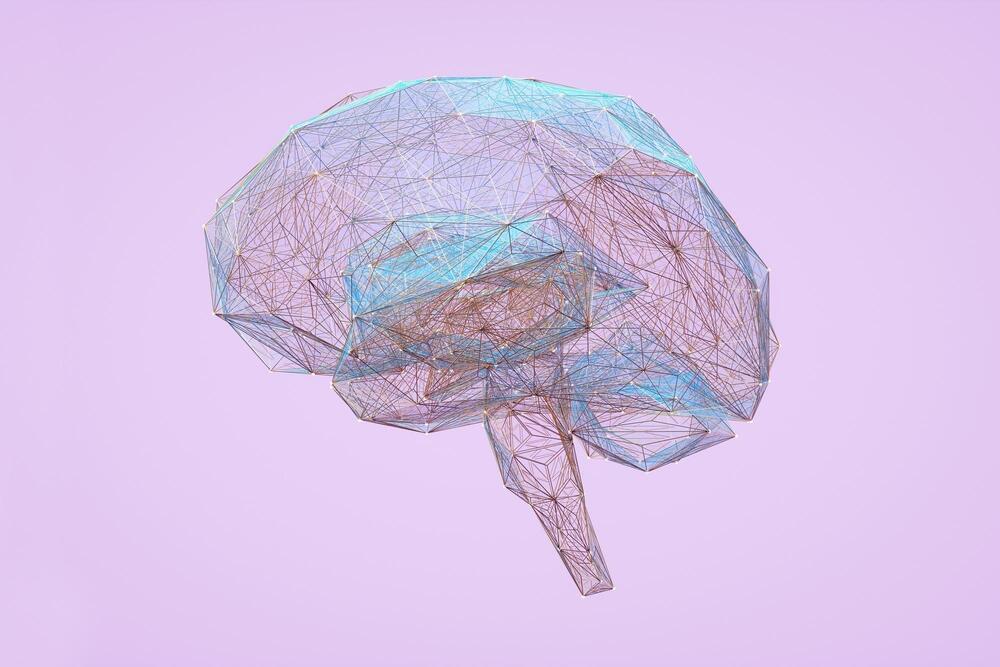A new study has identified seven spider species previously unknown to science in the depths of Israeli caves, with the surprise finding that they are evolutionarily closer to arachnids found in southern Europe than to their neighbors at cave entrances in Israel.
The peer-reviewed research, published in the Molecular Phylogenetics and Evolution journal, was conducted by scientists from the Hebrew University in Jerusalem and the University of Madison-Wisconsin.
The study “has extensive scientific implications for uncovering the evolution of speciation in caves and the historical, geographic and climatic processes that occurred in Israel,” the Hebrew University said in a statement.







